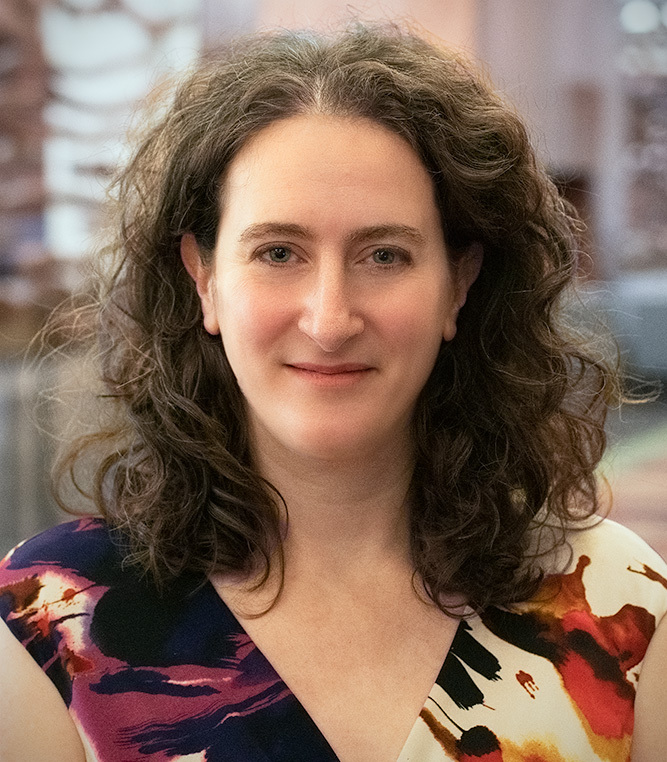
About the author
Deborah Rayow
Imagine Learning’s Vice President of Product Management, Courseware
A former classroom teacher, Deborah has also previously worked with an array of educational publishers and consulting organizations, including Scholastic Education, Kaplan K12 Learning Services, and the New York Times Learning Network. Her expertise includes curriculum planning and professional development, online and hybrid learning, instructional design, and product management/development.
Deborah holds a B.A. in Child Development from Tufts University and a master’s degree in Mathematics Education from Rutgers University. Her areas of academic focus have included early literacy, problem-based learning, and comparative studies in mathematics instruction.